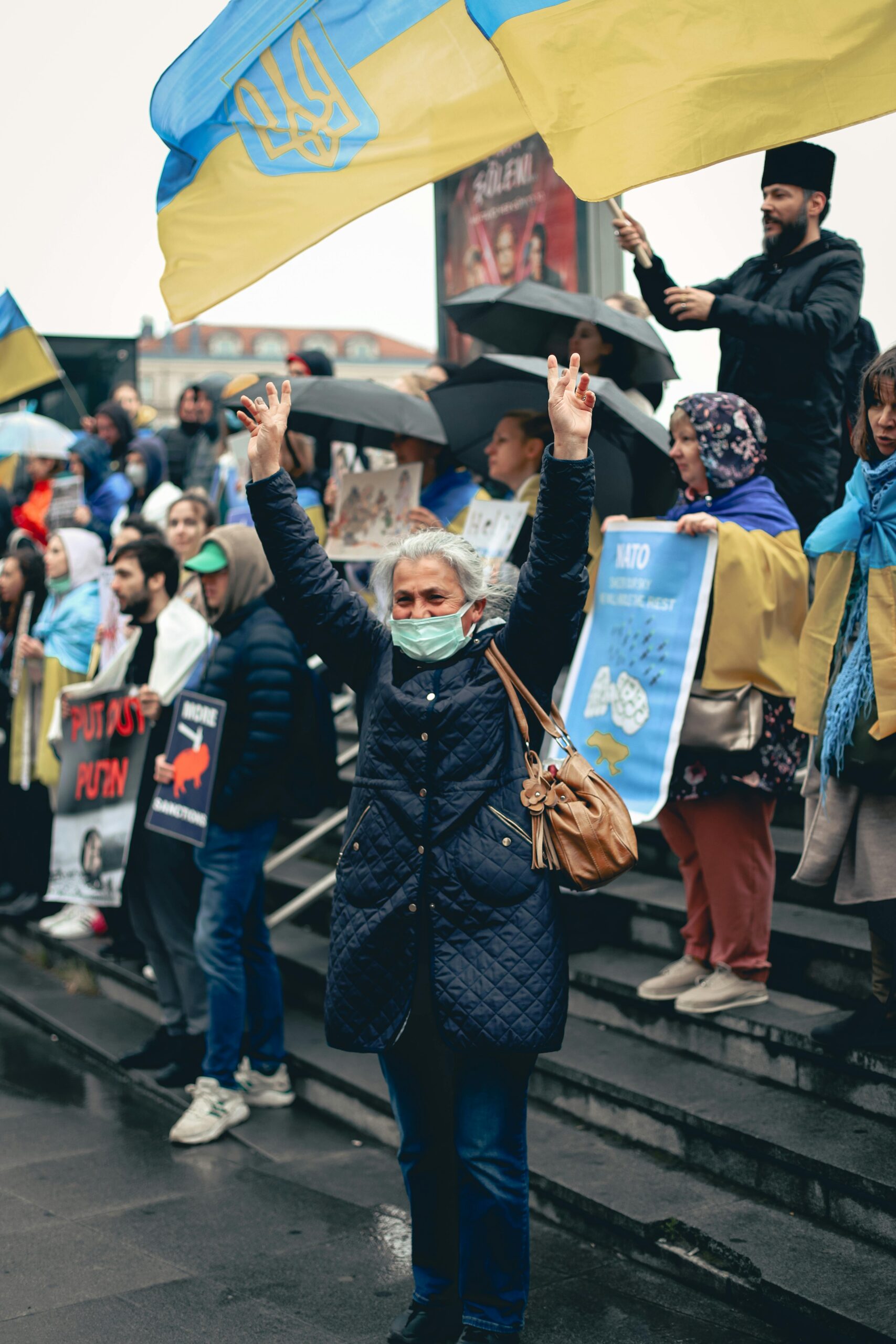
The Role of International Relations in Shaping Democratic Ideologies
- admin
- October 1, 2025
- World View
- 0 Comments
Exploring How Global Engagement Influences India’s Democratic Evolution
Key Highlights:
- Global Ranking: India ranked 46th in the Democracy Index 2024, with a score of 7.08, reflecting both strengths and challenges in its democratic practices (Economist Intelligence Unit, 2024).
- International Trade: India’s bilateral trade agreements have grown by 18% annually, emphasizing economic diplomacy as a driver of democratic reforms (Ministry of Commerce, 2024).
- Geopolitical Alliances: India’s participation in multilateral forums like G20 and QUAD shapes its democratic stance on global governance and human rights.
- Aid and Influence: India provided $4 billion in development aid to neighboring countries in 2024, promoting regional stability and democratic values (Ministry of External Affairs, 2024).
Introduction
India, the world’s largest democracy, occupies a unique position in the global political landscape. Its international relations play a critical role in shaping its democratic ideologies, influenced by trade, diplomacy, and multilateral engagements. This article examines how India’s interactions with global powers, alliances, and organizations contribute to the evolution of its democratic framework, balancing national interests with global norms.
Trade and Economic Diplomacy: Strengthening Democratic Norms
1. Trade Agreements as Drivers of Reform
India’s bilateral and multilateral trade agreements have encouraged the adoption of democratic principles, such as transparency and accountability:
- India-EU Free Trade Agreement: Negotiations emphasize labor rights and environmental protections, aligning economic policies with democratic governance.
- US-India Trade Relations: The $191 billion trade relationship in 2024 included collaborations on technology and intellectual property, promoting democratic values in the digital economy (US Census Bureau, 2024).
2. Economic Liberalization and Global Integration
Post-1991 liberalization policies transformed India’s economy and reinforced its commitment to democratic ideologies:
- FDI Inflows: At $83 billion in 2024, foreign investments have driven economic growth and increased citizen participation in market-driven reforms (Reserve Bank of India).
- Corporate Accountability: International pressure has led India to adopt global standards in corporate governance and anti-corruption measures.
Multilateral Engagements: Advocating Democratic Governance
1. G20 Presidency
India’s 2023-24 G20 presidency focused on fostering inclusivity and transparency in global governance:
- Digital Public Infrastructure: India promoted the adoption of inclusive technologies, showcasing its democratic approach to digital transformation.
- Voice of the Global South: Advocating for equitable representation in global decision-making highlighted India’s commitment to democratic norms on the international stage.
2. QUAD Alliance
As a key member of the QUAD (India, US, Japan, Australia), India advances democratic ideologies in the Indo-Pacific region:
- Maritime Security: Promoting a free and open Indo-Pacific reflects democratic principles of sovereignty and cooperation.
- Technology Governance: Collaborations on AI and cybersecurity emphasize accountability and ethical use of technology.
Challenges in Balancing Global Influence and Domestic Realities
1. Geopolitical Pressures
India’s engagement with global powers often sparks debates on its democratic priorities:
- Human Rights: Partnerships with nations like Saudi Arabia and Russia raise concerns about aligning with non-democratic regimes.
- Geostrategic Alignments: Balancing ties with the US and Russia while maintaining autonomy in foreign policy tests India’s democratic commitments.
2. Domestic Implementation of Global Norms
International commitments often face hurdles in domestic implementation:
- Labor Reforms: Despite aligning with global labor standards, gaps in enforcement persist, impacting worker rights.
- Environmental Policies: International climate pledges, such as net-zero by 2070, require robust local execution to uphold democratic accountability.
Promoting Democracy Through Regional Diplomacy
1. Development Assistance
India’s aid to neighboring countries fosters regional stability and democratic growth:
- Afghanistan: India invested over $3 billion in infrastructure and humanitarian aid, promoting inclusive governance.
- Sri Lanka: During its economic crisis, India extended $4 billion in aid to stabilize democratic institutions and public services.
2. Cross-Border Initiatives
Collaborations with neighbors strengthen democratic ideals:
- Nepal: India supported Nepal’s democratic transition through electoral assistance and constitutional development programs.
- Bangladesh: Bilateral water-sharing agreements underscore democratic principles of negotiation and resource equity.
Voices from the Ground
- Policy Experts: “India’s international relations are a blend of pragmatism and ideology. While global engagements strengthen democratic norms, domestic execution remains critical,” says Dr. Ramesh Chaturvedi, Senior Fellow at ORF.
- Citizen Perspective: “Global alliances like the G20 bring visibility to India’s democratic strengths, but the benefits must trickle down to grassroots levels,” shares Priya Nair, a social activist from Kerala.
Recommendations for Strengthening Democracy Through International Relations
- Enhance Domestic Implementation: Align international commitments with grassroots policies to ensure democratic inclusivity.
- Promote Regional Stability: Increase investments in neighboring democracies to foster shared growth and governance.
- Strengthen Multilateral Advocacy: Use platforms like the UN and G20 to promote equitable global governance.
- Balance Pragmatism with Ideology: Maintain strategic partnerships without compromising democratic values.
Conclusion
India’s international relations significantly influence its democratic ideologies, reinforcing governance structures and aligning policies with global norms. While geopolitical pressures and domestic challenges remain, India’s strategic engagements showcase its potential as a champion of democracy in the global arena. The question remains: Can India leverage its international influence to deepen its democratic foundations at home?



